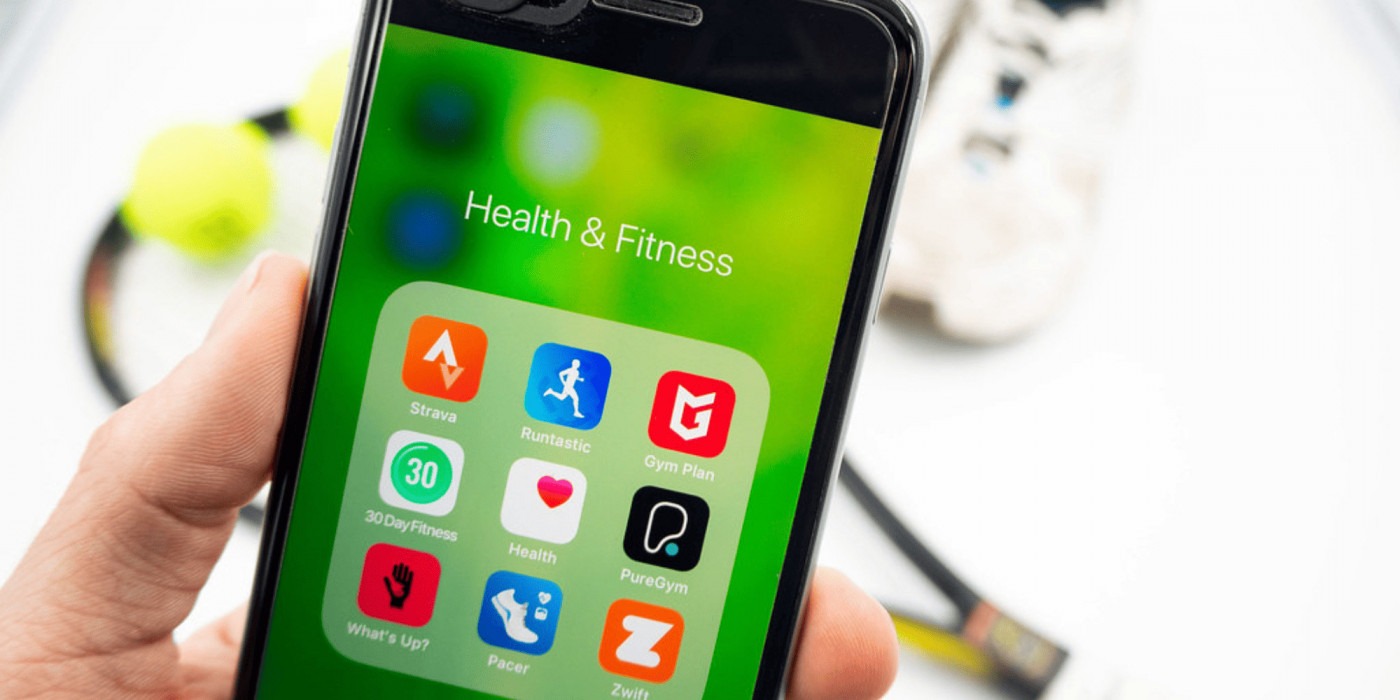The Wellness Edit: fitness apps decoded
In the late 2000s and 2010s, we saw the rise in accessible handheld devices. Fast forward to today and most of us, especially students, have some form of smartphone enabling us instant access to a breadth of content. Alongside these, we have seen the rise of apps – small icons in our pockets that offer us information, entertainment, and ways to communicate with friends almost instantly across the world.
Within the fitness space, this rise has been witnessed too. The fitness market has exploded with thousands of apps popping up, promising to help you run faster, lift heavier, lose weight, gain muscle, or even find peace of mind. However, in such a crowded space discovering the true gems can feel overwhelming. I’ve looked across app stores, scoured reviews online, and tested these ones out for myself to confirm that they are some of the best apps out there today.
Best app for fitness tracking: Strava
When most people hear Strava, they think of running and with good reason. It’s a great tool for tracking distance, pace, and routes. But Strava goes beyond this – I want to focus on its other uses such as how it supports activities like pilates, weight training, tennis, and more.
Runna has options to pay monthly or annually working out at less than £2 a week (I personally think that’s a bargain)
The app allows you to input comments, photos, times, and exertion levels which can be helpful for monitoring changes and growth. Additionally, if you have a fitness watch or tracker it can automatically sync data with additional stats such as calories burnt and heart rate changes. Over time, Strava aggregates your weekly activity and provides insights into your fitness progress. Luckily, Strava has an excellent free version, offering all the essentials. For those who want more detailed analytics, especially runners, the premium version at £8.99/month is worth considering.
Best apps for running: Runna and Couch to 5K
Beyond Strava, my top standout apps for running of all abilities are Runna and the NHS app: Couch to 5K. Runna is definitely an investment app, but as someone who sticks to a budget, I can confidently say that Runna is worth every penny. Runna offers detailed training plans for all levels and abilities whether you are training for a marathon or taking your first steps as a runner. While there is no free version other than a week’s trial, Runna has options to pay monthly or annually working out at less than £2 a week (I personally think that’s a bargain) and as students, we can enjoy an extra 30% off via Student Beans. The variety of runs included in the training plans ensured that they fit each person’s unique schedule and adapt to their preferences.
For those of you who are new to running and hesitant to make the purchase, the UK NHS’ Couch to 5K app is a great alternative. It features weekly guided runs that gradually build your endurance and speed, making it a beginner-friendly and supportive tool.
Focus on what you enjoy, and don’t get caught up in apps that over-promise results
Best app for gym workouts: Shreddy
Grace Beverly, the entrepreneur behind fitness brand Tala and The Productivity Method, has also smashed it with her fitness app Shreddy. This offers, in my opinion, some of the best gym or home workouts on the market. Within the Shreddy app, there are hundreds of workouts from weightlifting and Pilates to yoga and HIIT, all demonstrated through video tutorials for each exercise or full-length follow-along workouts. Users can track reps, sets, and weights, making it easy to monitor progress. So, whether you are interested in lifting more, toning your body through pilates, or simply chilling out with some yoga, Shreddy has numerous options available. The appeal of Shreddy also lies in the fitness community with viral challenges to keep up motivation and reward users with competitions. Although Shreddy is a subscription-based app, they are currently offering a Black Friday discount of 50% off making it very affordable to access what is basically a personal trainer in your pocket.
When choosing a fitness app to commit to and follow, it can be a struggle to find one that you trust and enjoy. The key is to remember that fitness is personal. What works for someone else might not work for you. Focus on what you enjoy, and don’t get caught up in apps that over-promise results. The fitness app market is oversaturated, and not all apps are created equal. Some rely on unproven AI or offer content that’s poorly tailored to individual needs. If apps aren’t your thing, remember there are other great resources like YouTube or TikTok, where you can follow trusted trainers. And of course, fitness doesn’t always require technology. Many of you might thrive with tech-free routines or by simply connecting with nature on a run or walk. Whatever helps you to get involved and stay active is what is best for you.

Comments